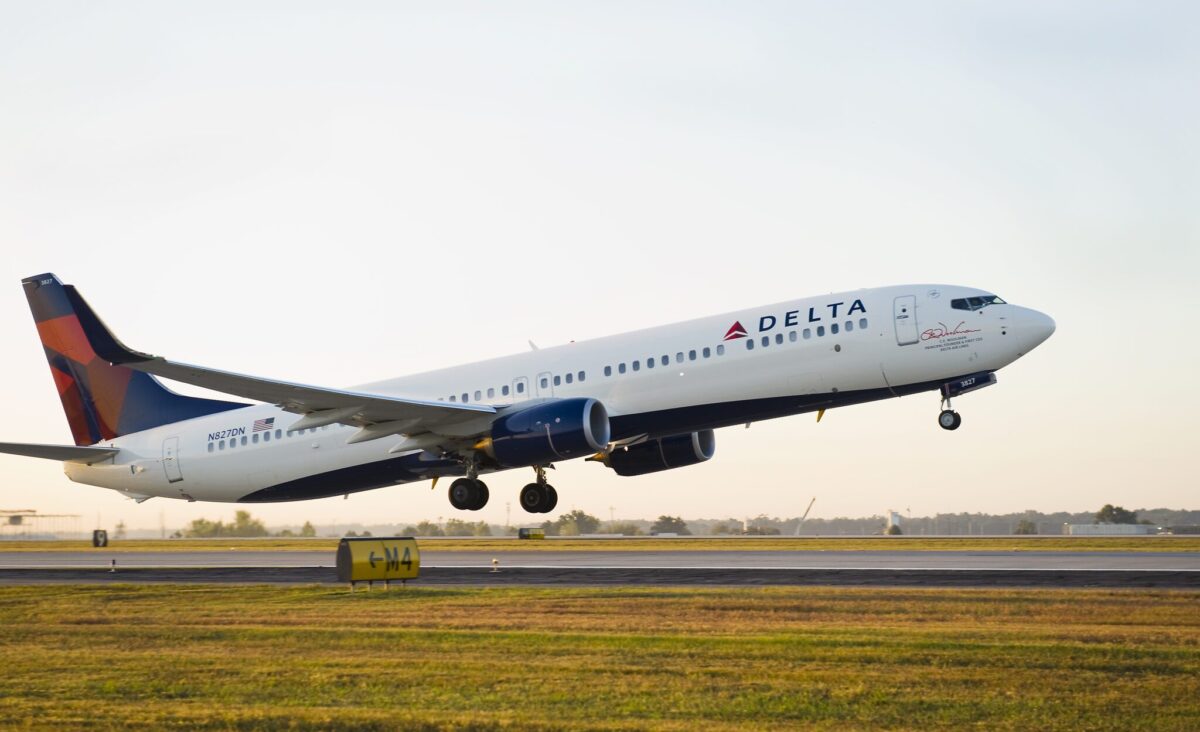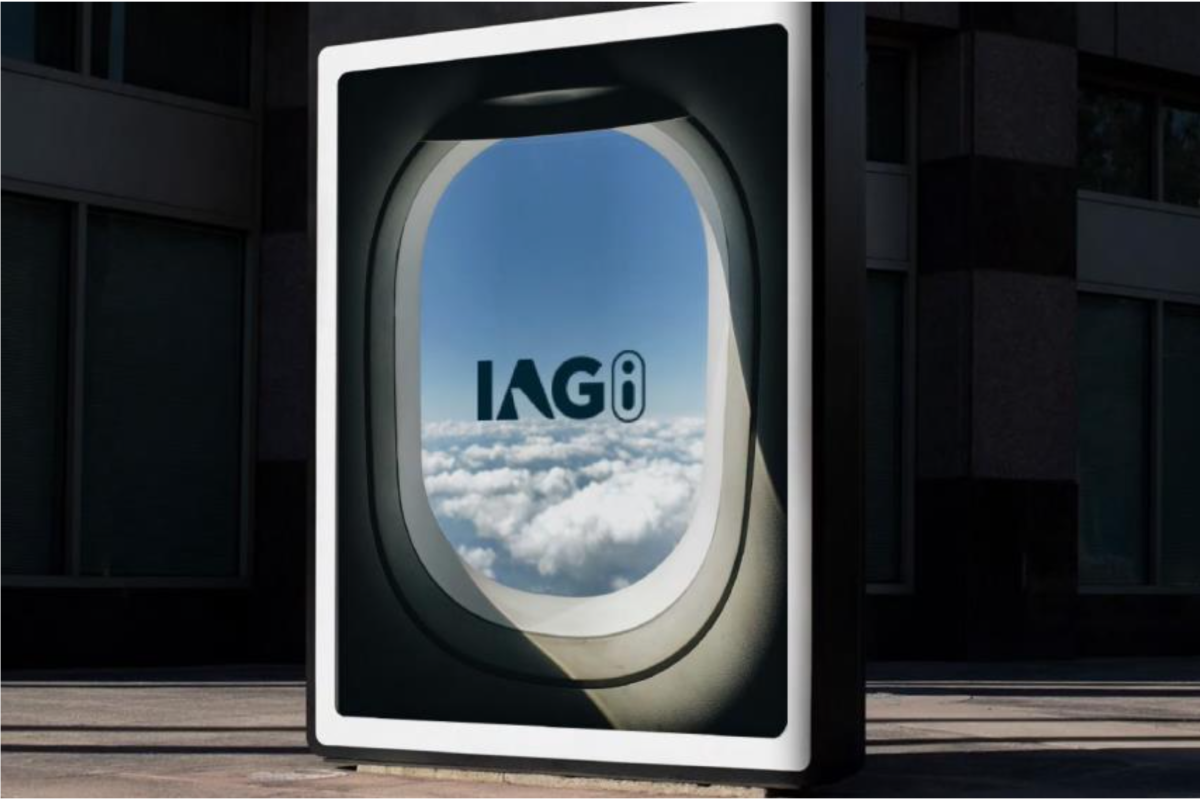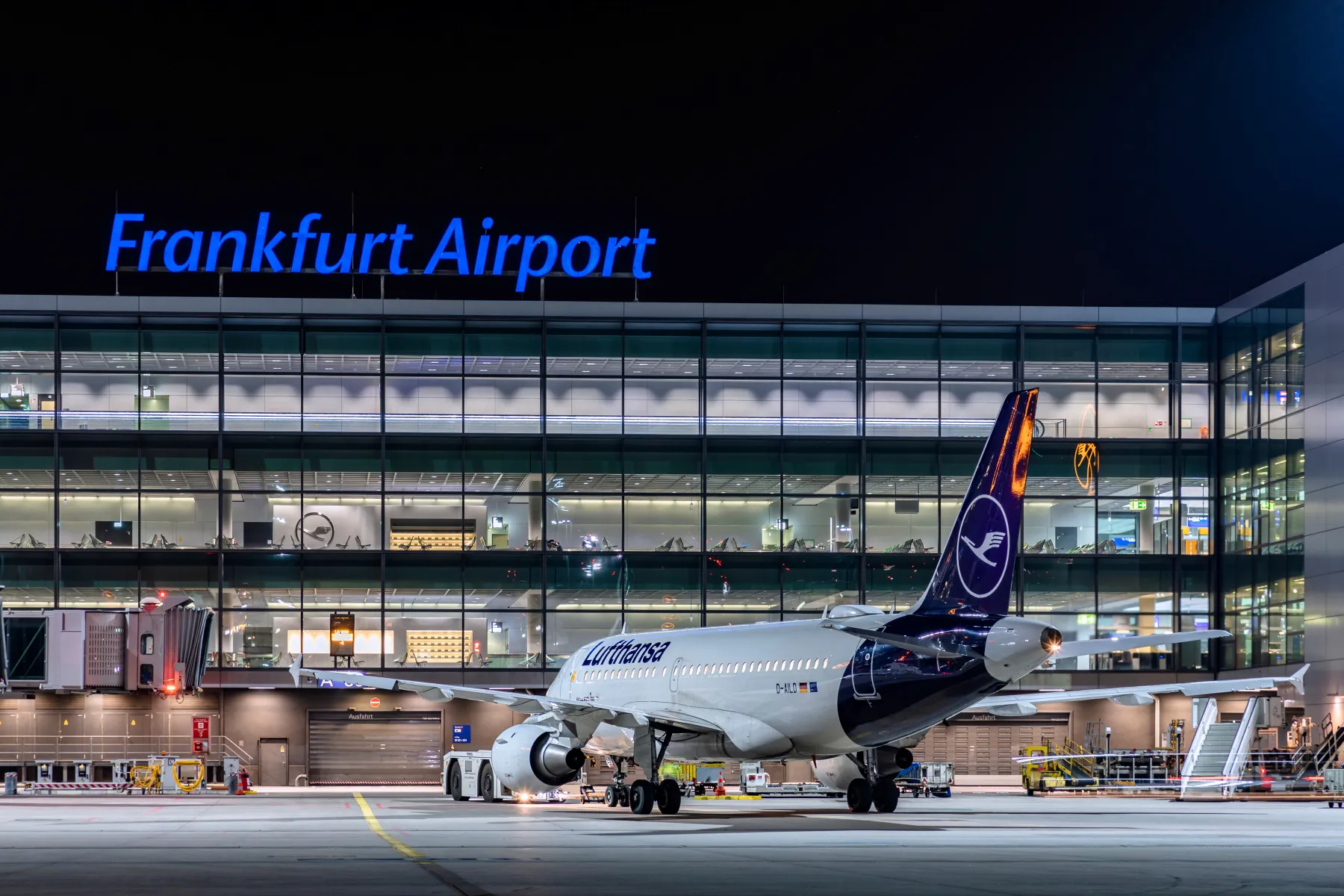U.S. Hotel Industry Ended Record-Setting Development Streak in May

Skift Take
It took several months, but coronavirus is finally impacting hotel construction.
The hotel development pipeline had been an anomaly to the economic downward spiral from the pandemic. While hotel occupancy rates and revenue plummeted in March and April, the pace of hotel construction continued to hit record highs in both months. But construction finally showed signs of a slowdown in May, with nearly 3,000 fewer hotel rooms under construction compared to the record level seen in April.
“It’s purely a function of the rooms under construction that completed aren’t being replenished at the same pace of projects going from final planning to construction,” said STR Senior Vice President of Lodging Insights Jan Freitag. “We fully expect the number of rooms under construction to decline for the foreseeable future, the next two years at least.”
There were 217,359 hotel rooms under construction across 1,697 properties in May, according to STR. That is down from the more than 220,207 rooms across 1,711 properties in April, the busiest month for hotel construction on record. But it is also still higher than the 214,704 rooms under construction in March, the previous record holder.
“Given the stark reality of the U.S. hotel industry during Covid, given the very severe [revenue per room] declines, and given the really murky outlook of what a recovery looks like and when a recovery will hit a certain market, we expect owners and lenders will continue to be very cautious when it comes to funding new projects,” Freitag said. “That then implies, yes, the projects under construction will continue to finish and open, but there will be a breather on projects that will break ground.”
May also saw no outright hotel project cancellations, but 12 projects were deferred from various planning stages.
It can take time for economic shifts to reflect in the construction industry, given how projects with financing will generally continue to move ahead even during a market correction. There is typically between a nine to 12-month delay between a decline in GDP and an impact to commercial construction, EY Global Engineering and Construction Leader Erin Roberts told Skift in April.
“That said, we are doing a lot of feasibility work in markets where there are long-term barriers to entry and it takes a couple years to develop a hotel,” LW Hospitality Advisors CEO Daniel Lesser said. “If you had a prime site ripe for hotel development pre-Covid, invariably, it may end up still being a prime site for hotel development further down the line.”
Before March’s record-setting pace of construction, the previous high point was in December 2007 — the first month of the Great Recession.
“Performance numbers like occupancy and revenue are tracked daily in the hotel space,” said CBRE Hotels Executive Vice President Tommy Crozier. “For that to filter its way into the decision-making of a developer, there’s going to be a lag.”
While hotel construction is only just beginning to decline, U.S. hotel performance is showing signs of improvement. Weekly occupancy for the week ending June 6 averaged just over 39 percent, according to STR. This was the eighth consecutive week of occupancy growth since bottoming out at 22 percent the week of April 11.
It will take four years for U.S. hotels to return to 2019 revenue per room performance levels, Crozier said, with hotels in drive-to markets rebounding the quickest. Given the lag between hotel performance and hotel construction, how long could it take for developers to return to April’s high mark? That isn’t as easy to pinpoint, Crozier said.
Pricing and valuations are difficult to obtain due to the tanked demand in travel. Construction financing has essentially evaporated due to the pandemic, and it isn’t clear when lenders will be comfortable signing off on a new hotel project.
“That’s a really tricky one for a number of reasons because there’s so much uncertainty right now,” Crozier said.




